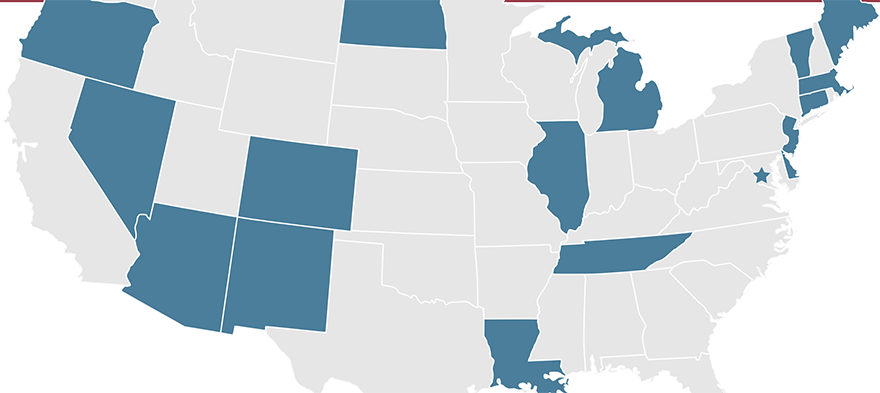
Jun 27, 2017 12:00:00 AM
Valentina Payne joined Bellwether Education Partners in 2021 as chief of staff to Andy Rotherham on the External Relations team. Prior to Bellwether, she spent seven years at brightbeam, where she most recently served as its chief growth officer, overseeing operations, finance, fundraising, and strategic growth of the organization.
Few issues in education spark more tension and debate than standardized testing. Are they a tool for equity or a burden on students? A necessary check on school systems or a flawed measure of...
Charter schools are public schools with a purpose. Operating independently from traditional school districts, they're tuition-free, open to all students, and publicly funded—but with more flexibility...
Despite the benefits of a diverse teaching force, prospective teachers of color fall out of our leaky preparation pipeline at every stage: preparation, hiring, induction, and retention. Here’s what...
Ed Post is the flagship website platform of brightbeam, a 501(c3) network of education activists and influencers demanding a better education and a brighter future for every child.
© 2020-2025 brightbeam. All rights reserved.
Leave a Comment